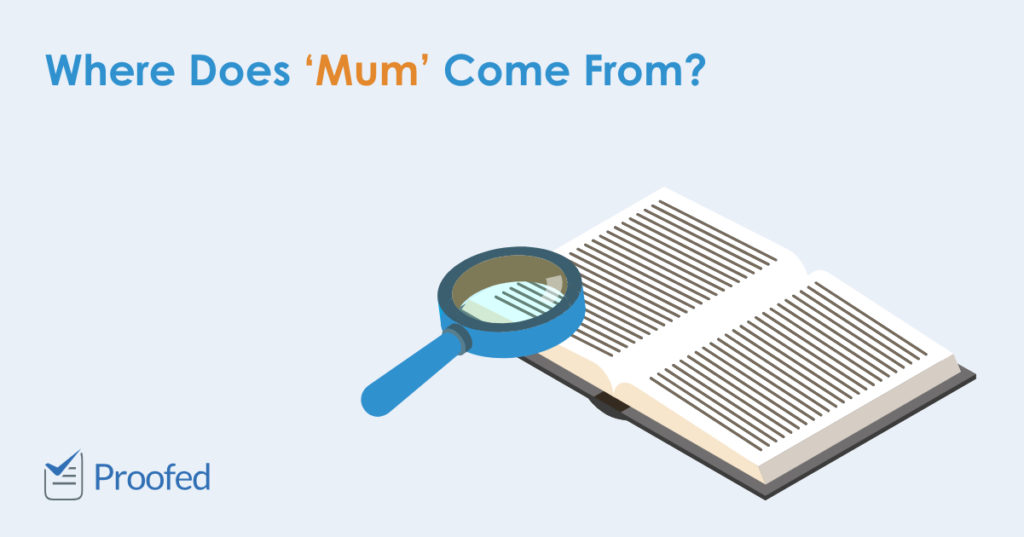Today is Mother’s Day, the day we thank our female parents for their love and patience. But where do the words ‘mother’ and ‘mum’ come from? Why are there so many words for mothers in English? And are they all correct? Let’s take a (motherly) look and find out.
The Origins of Mother
The modern English ‘mother’ comes from the Old English term modor. And ‘mum’, along with other of informal or shortened terms such as ‘mommy’ and ‘ma’, are often traced to this root.
Interestingly, though, these shorter words may be even older. The word ‘mama’ appears in some form in dozens of languages, including Mandarin (Mãma), Hindi (māṃ) and Arabic (māma). This is because simple noises like ‘mama’ and ‘papa’ are among most babies’ first vocalisations.
(Photo: amyelizabethquinn)
The theory, then, is that ‘mother’ and its modern variations are all rooted in the baby talk of ‘mama’. So one thing we have in common with our earliest ancestors may be our words for ‘mum’.
Mum, Mam or Mom?
In Australia, most people call their mothers ‘mum’. But you have probably heard ‘mom’ used on American television. And some people prefer the spelling ‘mam’. So why do we have so many variations on this term? Largely, it’s a matter of where you come from. The three terms we’ve picked out here, for instance, are all associated with different places:
Find this useful?
Subscribe to our newsletter and get writing tips from our editors straight to your inbox.
- Mum is common in Australia and the UK (especially England).
- Mam is common in Ireland, Wales and parts of northern England.
- Mom is most associated with American English.
These are all accepted terms for ‘mother’ in one place or another, so your preference will usually depend on where you grew up. And the ‘correct’ spelling will depend on the dialect in question. But in Australian English, you are usually best sticking with ‘mum’.
In case you were wondering, though, ‘mam’ is probably the oldest of the three spellings above, since the earliest recorded use of ‘mama’ in English dates back to 1707. By comparison, the earliest appearances of ‘mum’ and ‘mom’ are from 1823 and 1867, respectively.
Whatever your chosen term, though, we hope all the mothers out there are having a great day! And, mother or not, we hope you’ve enjoyed our etymological look at motherhood.
